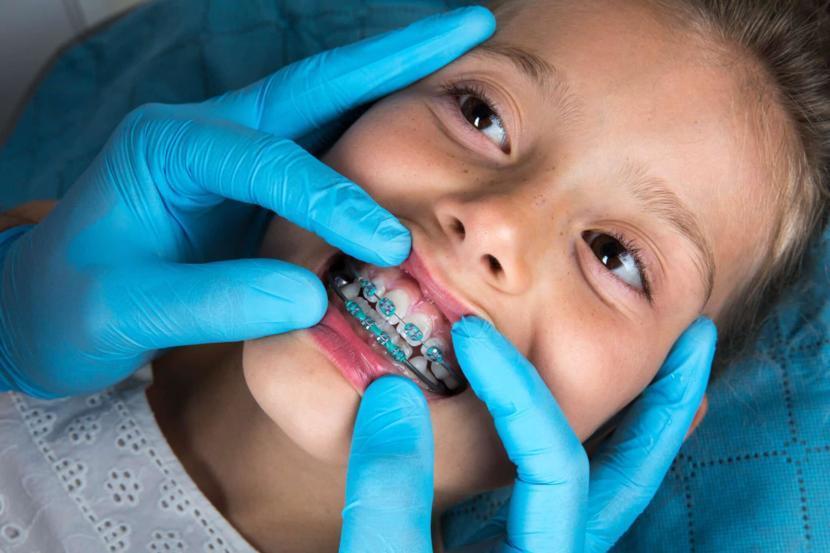Orthodontics for Children: When to Start and What to Expect

Seizar Kaelan is an acupuncturist practicing in Bandung, Jabar. Dr. Kaelan evaluates and treats patients based on the concepts of oriental medicine. Acupuncturists complete their evaluations by getting a patient history and looking at and touching the body. Then, they place very fine acupuncture needles into specific... more
As a parent, you want the best for your child's health—including their smile. But when should you start thinking about orthodontics? What signs should you look for that might mean your child needs braces? In this article, we’ll walk you through everything you need to know to ensure your child’s teeth and jaws develop properly for a lifetime of confident, healthy smiles.
When Should You Start Orthodontic Evaluations?
Wondering when to take that first step? The American Association of Orthodontists (AAO) recommends that children have their first orthodontic evaluation by age 7. This might sound early, but it’s the perfect time to check in on your child’s dental development. At this age, most kids have a mix of baby teeth and permanent teeth, giving orthodontists a clear view of any potential issues before they become harder to fix.
Starting at age 7 doesn’t mean braces are imminent—it’s more about keeping an eye on things. An early evaluation lets the orthodontist monitor growth and catch problems while they’re still manageable, setting the stage for simpler, more effective treatment later if needed.
Signs Your Child Might Need Braces
So, what should you be on the lookout for? Here are some common signs that your child might need braces to straighten their teeth or align their jaw. These can pop up as early as age 6 or 7, so staying observant is key.
- Crowded or Crooked Teeth
- Overbite or Underbite
- Teeth Growing Out of Alignment
- Difficulty Chewing or Biting
- Mouth Breathing or Thumb Sucking
Why Early Intervention Matters
Why act early? Catching orthodontic issues sooner rather than later can save your child from bigger problems down the road. For instance, if your child has a serious overbite or underbite, early treatment can nudge their jaw into a better position—potentially avoiding surgery or heavy-duty braces later.
Plus, starting early can boost your child’s confidence with a straighter smile sooner and make oral hygiene easier, cutting down on cavities and gum trouble. Studies show that early intervention can reduce the need for complex treatments by up to 40%—a win for both your child’s smile and your peace of mind.
What Happens During an Orthodontic Evaluation?
Nervous about that first visit? Don’t be! During the evaluation, the orthodontist will gently check your child’s teeth, jaw, and bite for any signs of trouble. They might take X-rays or make impressions of the teeth to get a closer look at what’s going on beneath the surface. These steps are painless and quick, and the orthodontist will walk you through everything they find.
Sometimes, they’ll suggest waiting a bit longer to start treatment, letting your child’s mouth develop more. Other times, they might recommend jumping in with something like a palatal expander or partial braces to tackle specific issues right away.
Treatment Options for Kids
When it’s time for treatment, you’ve got options. Here’s a rundown of the most common ones, tailored to your child’s needs:
- Traditional Braces
- Clear Braces
- Invisalign
- Palatal Expanders
Finding a Pediatric Dentist Near You
Picking the right dentist is a big step. Look for a pediatric specialist with orthodontic expertise who can track your child’s progress from the start. A great pediatric dentist will spot issues early, explain your options clearly, and make the process stress-free for both you and your child.
Starting Your Child’s Orthodontic Journey
Early dental care can set the stage for a lifetime of healthy smiles, especially when it comes to orthodontics. If you’re wondering where to locate a specialist for your child’s orthodontic needs, try searching "pediatric dentist near me" to find one close to home. A pediatric dentist with orthodontic expertise can assess your child’s teeth and recommend the best plan forward.









